Best movies like Chaplin Today: 'The Gold Rush'
A unique, carefully handpicked, selection of the best movies like Chaplin Today: 'The Gold Rush' Starring Roscoe Arbuckle, Charlie Chaplin, Douglas Fairbanks, Lita Grey, and more. If you liked Chaplin Today: 'The Gold Rush' then you may also like: 11'09''01 September 11, Yaaba, The Choice, The Wonderful, Horrible Life of Leni Riefenstahl, Kimjongilia and many more popular movies featured on this list. You can further filter the list even more or get a random selection from the list of similar movies, to make your selection even easier.
African filmmaker Idrissa Ouedraogo (YAABA) discusses the influence that Charlie Chaplin has been on his work, along with archival footage of interviews with several of Chaplin's co-stars.
You may filter the list of movies on this page for a more refined, personalized selection of movies.
Still not sure what to watch click the recommend buttun below to get a movie recommendation selected from all the movies on this list
The Choice
Poverty and misery are rife in Gourga, a village in the Sahel. The inhabitants must choose: stay and await international assistance or leave for more fertile regions in the country.
The Wonderful, Horrible Life of Leni Riefenstahl
This documentary recounts the life and work of one of most famous, and yet reviled, German film directors in history, Leni Riefenstahl. The film recounts the rise of her career from a dancer, to a movie actor to the most important film director in Nazi Germany who directed such famous propaganda films as Triumph of the Will and Olympiad. The film also explores her later activities after Nazi Germany's defeat in 1945 and her disgrace for being so associated with it which includes her amazingly active life over the age of 90.
Kimjongilia
The first film to fully expose the humanitarian crisis of North Korea, this stylish, deeply moving documentary is centered around astonishing interviews with survivors of North Korea's vast and largely hidden prison camps, and interspersed with archival footage of North Korean propoganda films and original art performances.
Kini & Adams
Kini and Adams are two friends leaving in a Zimbabwe village who dream of repairing an old broken car, and moving to the city and starting life over.
The Circus
Charlie, a wandering tramp, becomes a circus handyman - soon the star of the show - and falls in love with the circus owner's stepdaughter.
A Constant Forge
One of the great mavericks of cinema, John Cassavetes has earned a reputation as the godfather of American independent movies. The actor-turned-filmmaker invented a realist style of unadorned narrative films heavily influenced by documentaries. This in-depth analysis of Cassavetes' life and work features interviews with key collaborators and ensemble regulars, and explores the making of classics like "The Killing of a Chinese Bookie," "Opening Night" and "A Woman Under the Influence."
A Decade Under the Influence
A documentary examining the decade of the 1970s as a turning point in American cinema. Some of today's best filmmakers interview the influential directors of that time.
Sex and Buttered Popcorn
Actor Ned Beatty hosts a look at the genre known as "exploitation" films. Interviews with some of the producers and directors of these films are shown, along with scenes from and trailers for some of these films.
Mau Mau Sex Sex
A documentary about the history of exploitation films that focuses on the careers of legendary producers David F. Friedman and Dan Sonney.
The Great Buster: A Celebration
A celebration of the life and career of one of America's most influential and celebrated filmmakers and comedians—Buster Keaton—whose singular style and fertile output during the silent era created his legacy as a true cinematic visionary.
Hearts of Darkness: A Filmmaker's Apocalypse
A chronicle of the production problems — including bad weather, actors' health, war near the filming locations, and more — which plagued the filming of Apocalypse Now, increasing costs and nearly destroying the life and career of Francis Ford Coppola.
The Heart's Cry
This drama focuses upon the psychological adjustment problems of a young boy whose family moves him from Africa to Paris, France. Moctar, a boy whose first 11 years were spent in a small village in Mali, is having difficulty adjusting to his new life in Paris. After several years in Paris, Moctar suddenly sees a terrible hyena in the street. When Moctar tries to explain his vision, he becomes the laughingstock of his peers and a patient for the school psychologist. No one believes Moctar, not even his parents, until he is befriended by Paulo who helps Moctar understand.
Life Itself
The surprising and entertaining life of renowned film critic and social commentator Roger Ebert (1942-2013): his early days as a freewheeling bachelor and Pulitzer Prize winner, his famously contentious partnership with Gene Siskel, his life-altering marriage, and his brave and transcendent battle with cancer.
Fellini: I'm a Born Liar
A look at Fellini's creative process. In extensive interviews, Fellini talks a bit about his background and then discusses how he works and how he creates. Several actors, a producer, a writer, and a production manager talk about working with Fellini. Archive footage of Fellini and others on the set plus clips from his films provide commentary and illustration for the points interviewees make. Fellini is fully in charge; actors call themselves puppets. He dismisses improvisation and calls for "availability." His sets and his films create images that look like reality but are not; we see the differences and the results.
Elvis on Tour
This documentary captures Elvis Presley on his 1972 American tour and includes rehearsals, interviews, archival television appearances and backstage moments. With Elvis at his most flamboyant, the film features well-known hits and cover songs showcasing his country, gospel and rhythm-and-blues influences.
Dave Brubeck: In His Own Sweet Way
A chronological look at the life and career of jazz musician, composer, and performer Dave Brubeck (1920-2012 ), presented through contemporary interviews, archival footage of interviews and performances, and commentary by family, fellow musicians, and aficionados. Emphases include his mother's influence, his wife's invention of college tours, his skill as an accompanist, the great quartet (with Desmond, Morello, and Wright), his ability to find musical ideas everywhere, his orchestral compositions, his religious conversion, and his unflagging sweet nature.
The American West of John Ford
A documentary encapsulating the career and Western films of director 'John Ford' , including clips from his work and interviews with his colleagues.
The Tramp and the Dictator
A look at the parallel lives of Charlie Chaplin and Adolf Hitler and how they crossed with the creation of the film “The Great Dictator,” released in 1940.
I'm No Dummy
Explores and examines the world of ventriloquism through clips, photos and interviews with many of the greatest vents from today and yesterday, illustrating that this perceived novelty act is truly an extraordinary art form.
Jerry Lewis: The Man Behind the Clown
Since the early days, Jerry Lewis—in the line of Chaplin, Keaton and Laurel—had the masses laughing with his visual gags, pantomime sketches and signature slapstick humor. Yet Lewis was far more than just a clown. He was also a groundbreaking filmmaker whose unquenchable curiosity led him to write, produce, stage and direct many of the films he appeared in, resulting in such adored classics as The Bellboy, The Ladies Man, The Errand Boy, and The Nutty Professor.
The Méliès Mystery
A documentary that details the process of restoring 270 of the 520 lost films of pioneering director Georges Méliès, all orchestrated by a Franco-American collaboration between Lobster Films, the National Film Center, and the Library of Congress.
Birth of the Tramp
A look back at Charlie Chaplin's early life and career, from his rough childhood and music hall success in England to his early Hollywood days and the development of his enormously popular character, the Little Tramp, also called Charlot.
The China Odyssey: Empire of the Sun
Documentary about the making of director Steven Spielberg's film Empire of the Sun
Working With Weinstein
Documentary exploring the harassment charges against Harvey Weinstein and his relationship with the UK film business.
Chaplin Today: 'City Lights'
In 1928, as the talkies threw the film industry and film language into turmoil, Chaplin decided that his Tramp character would not be heard. City Lights would not be a talking picture, but it would have a soundtrack. Chaplin personally composed a musical score and sound effects for the picture. With Peter Lord, the famous co-creator of Chicken Run and Wallace & Gromit, we see how Chaplin became the king of slapstick comedy and the superstar of the movies.
Chaplin Today: 'Modern Times'
Award-winning filmmakers Jean-Pierre and Luc Dardenne profess their love for the classic "Modern Times." The directors expose their views on the many aspects of the film, Chaplin's brilliancy and they also provide interesting details about the making of Chaplin's masterpiece.
Chaplin Today: 'A King in New York'
An examination of Charles Chaplin's final starring film.
Samba Traoré
Samba (Bakary Sangare) has returned unannounced to his home village, bringing with him a suitcase full of money. Despite his protests that this is money that he earned in the city, the villagers have their doubts. In fact, he held up a gas station and unintentionally killed its attendant, and is in hiding here. Meanwhile, he has married a woman (Mariam Kaba) with a child who left her husband and built a house for her. He is building a bar with his remaining money, but he encounters a situation which makes him believe that he will be exposed to the police, and runs away, leaving a pregnant, very ill wife behind, much to the disgust of the villagers and Samba's own family.
Fuck You All: The Uwe Boll Story
Honing his craft as an indie filmmaker in Germany in the early 90s, Uwe Boll never could have imagined the life that lay before him. From working with Oscar-winning actors and making films with US$60million budgets to having actors publicly disparage him and online petitions demanding he stop making films, Boll continued to work; he has a filmography of 32 features, a career that has led to his new life as a successful high-end restauranteur. Already a cult legend, he will be remembered forever in the film world; for some, as a modern-day Ed Wood, who made films so bad, they're good, while for others, a prolific filmmaker who came from a small town in Germany and never compromised his integrity while forging his own unique Hollywood trajectory.
Mary Pickford: The Muse of the Movies
This documentary traces the life and work of the legendary "America's Sweetheart" Mary Pickford, silent film star, movie pioneer and keen businesswoman. Pickford's life also parallels an even larger story, telling of the birth of the cinema itself.
The Haunted World of Edward D. Wood, Jr.
Often called the worst director in the history of cinema, Ed Wood is nevertheless a beloved figure among cult-film aficionados for his oddball productions. This documentary takes a look back at Wood's unique career at the margins of 1950s Hollywood, speaking to those who loved him and hated him. Bela Lugosi Jr. discusses his father's work in the abysmal "Plan 9 From Outer Space," while a Baptist reverend recalls how he was tricked into financing the film.





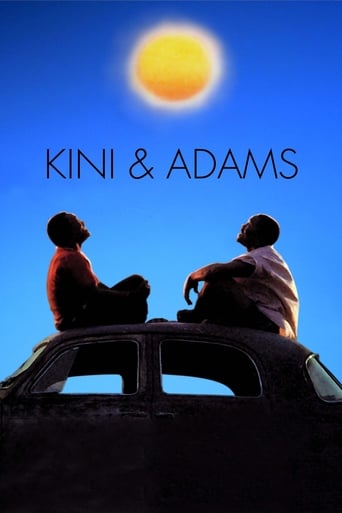

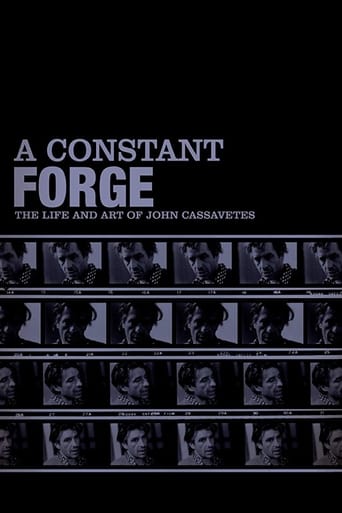



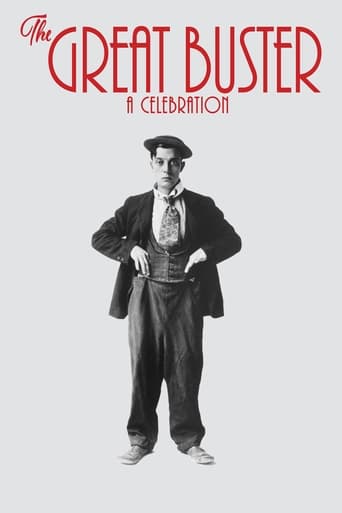
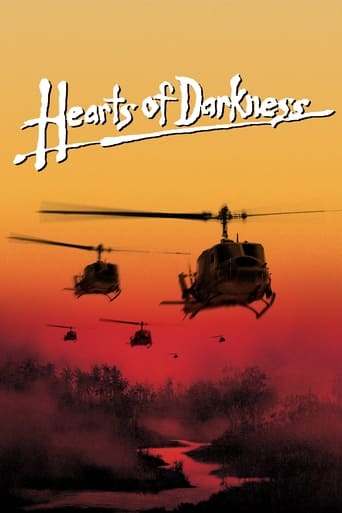







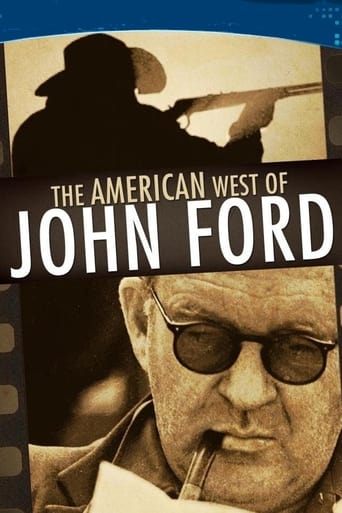





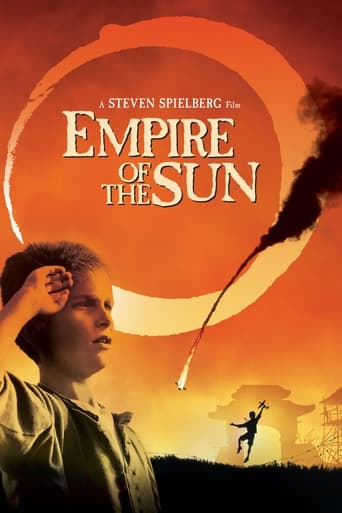





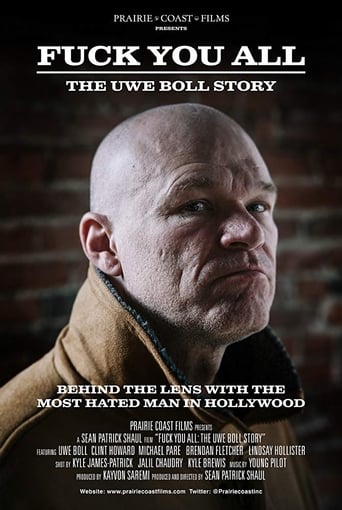
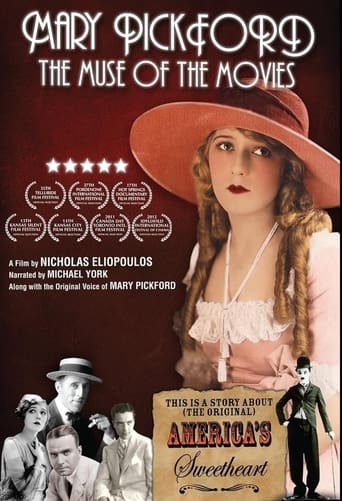
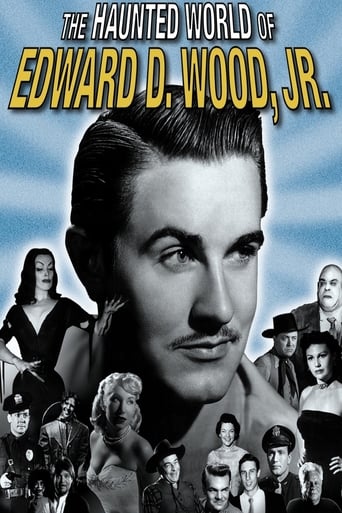
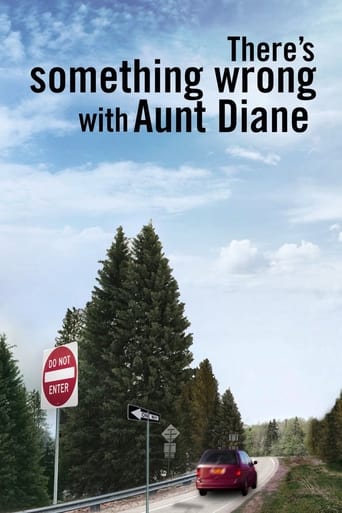
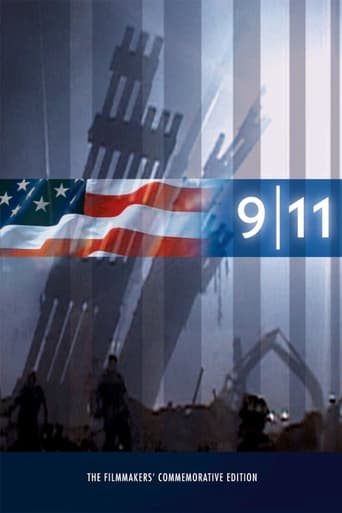

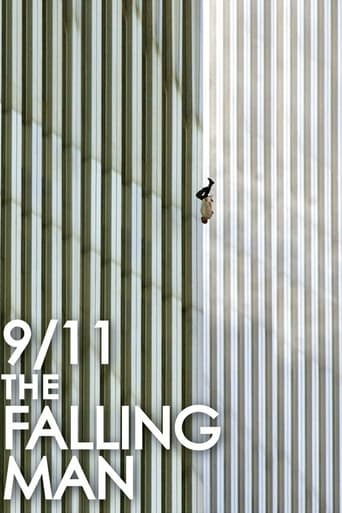
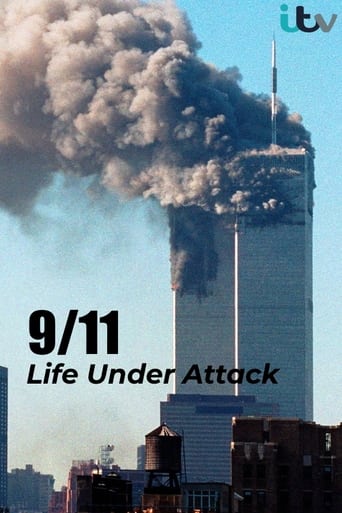
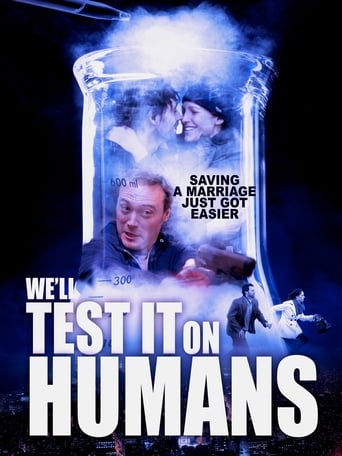

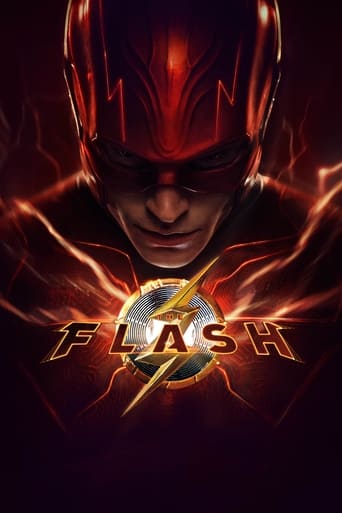
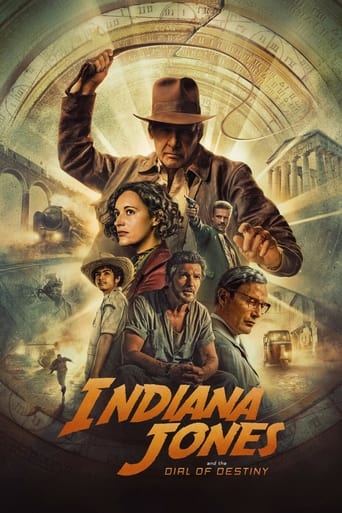
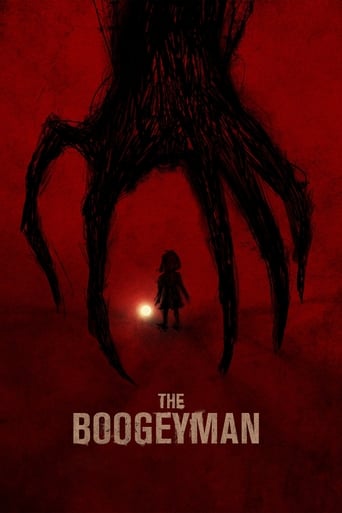
11'09''01 September 11
Filmmakers from all over the world provide short films – each of which is eleven minutes, nine seconds, and one frame of film in length – that offer differing perspectives on the 9/11 terrorist attacks.